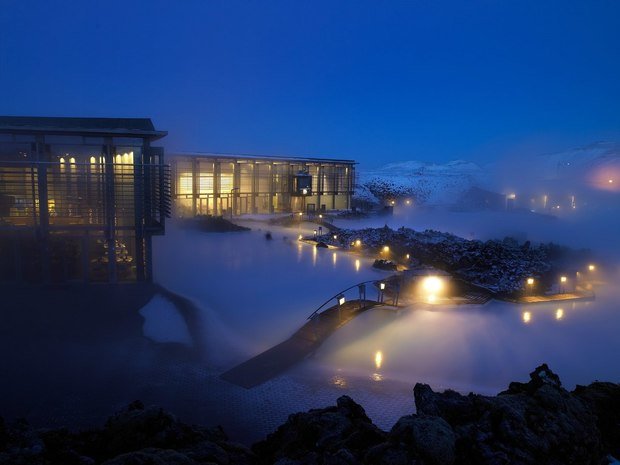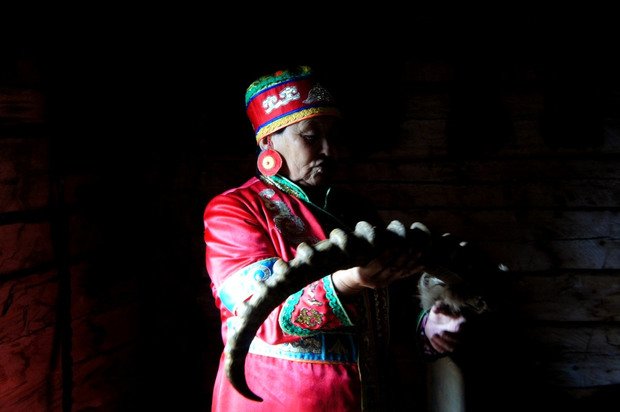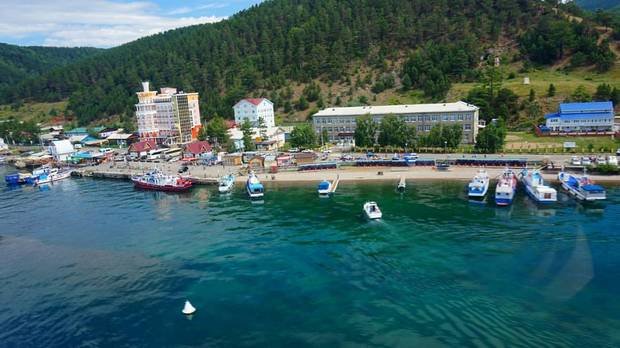''I have never seen people who see a trip to dig out potatoes as a rest''
Vladimir Nikolaev tells why rural tourism is a myth and what tourists in Russia really want
Vladimir Nikolaev, director general of the company 211, wrote the column We're Screwed: Why Tourism in Russia is Pain for the website The Secret of the Company, which has been widely distributed in social networks. The owner of the tourist company tells in it about what is wrong with the domestic tourism in Russia. Realnoe Vremya asked the author of the column additional questions that remained after reading it.
You gave a detailed description of Russian problems of tourism, but you also sell tours abroad. How much easier is it to organize tours abroad?
The infrastructure abroad is more developed — more hotels, equipment, attractions more accessible and landscaped. In Russia, the organizers are stronger, it is a consequence of poor infrastructure. We can sculpt shit out of candy. So, when we come to Iceland or Norway, it is easier for us — we have to do less miracles. The problem of foreign countries is that it is abroad. We are alien there. In Russia, the process of organization brings more buzz when an event ends, you feel like you have won a war.

When we come to Iceland or Norway, it is easier for us — we have to do less miracles. The problem of foreign countries is that it is abroad. We are alien there
In the column you mentioned ''fake shamans'' — it is, as I understand it, a fairly common problem: there have left few original facilities in regions, there are remakes on their places, where the tourists are met by entertainers. How to develop tourism in such places and whether it is necessary at all?
As for fake shamans, I meant very real fake shamans. Speaking in a broader sense, I don't see anything wrong in remakes if they are well made. Yes, it is a pity that some monuments are in poor condition and some of them are lost. But that is no reason to grieve and sit on the ruins.
In Irkutsk, for example, in 2011 there was built the ''130 quarter'' — a pedestrian street in the city centre with merchant's mansions recreated from archival sketches of real buildings. In houses there are hotels, cafes, restaurants, shops, and today it is one of the most popular places in the city among residents and tourists.

I don't see anything wrong in remakes if they are well made. Yes, it is a pity that some monuments are in poor condition and some of them are lost. But that is no reason to grieve and sit on the ruins
Russia has a lot of attractions: natural, architectural, cultural. The problem is not that they are dispersed over a vast territory, and that we don't know how to do proper packaging and advertising. I have seen in Iceland the remains of a ship, broken on the rocks, now it is a tourist attraction. They paved paths, placed the information plates near the wreckage and made up a beautiful legend.
It is necessary to form separate tourism territories where you can come and spend 7-10 days. First and foremost, these clusters are more logical to develop where tourism exists in a developed form — in Karelia, Sochi, Altai, Baikal, Kamchatka.
I heard from friends who traveled to Altai that they faced with some very angry and consumer attitude of local people towards visitors. Is it easy for you to find points of contact with locals when making tours? Do they contribute to the development of tourism in the territory or hinder it?
It's hard to answer definitely. On the one hand, among local people there are people who know every blade of grass in their region, but they do not perceive tourism as business. On the other hand, there are businessmen who are far from nature, but who can see opportunities in the development of natural attractions. Even if they all cooperate, it does not guarantee an outstanding product. It needs a special kind of entrepreneurs who are good at both things.
You shouldn't forget that business in Russia is small and was formed only several decades ago. It takes time to make tourism perceived by entrepreneurs and the government as a promising source of income along with resource industries. People who live in ''tourist regions'' that can't accept the fact that the aliens come and take away their favorite beaches, meadows in forest and mountain peaks. Tourists leave after themselves only garbage and scorched earth. It's one hundred percent going to happen if not to make tourism organized.

On the one hand, among local people there are people who know every blade of grass in their region, but they do not perceive tourism as business. On the other hand, there are businessmen who are far from nature, but who can see opportunities in the development of natural attractions…
Just because local people are not ready to admit strangers to their territory, there is such a consumer attitude. Tourists are enemies who seize territory and destroy it. But if you build paths — the soil will not be trampled, if you put toilets — they will not shit in the bushes. Take money for the infrastructure — the nature will be safe and the money will remain in the pocket.
The Russians is one of the most hospitable peoples of the world. They are ready to give the last shirt to a stranger. We are not accustomed to be paid for good impulses of the soul. But when tourists come, we do not perceive them as guests and we think they don't see us as hosts. Our work with local residents is based largely on personal likes and not on money.
In our region from time to time they raise the issue of rural tourism. Do you believe that it is possible to create?
In my practice, we have never received such applications. The number of queries in Yandex confirms that in our country this direction is unpopular. Agritourism is aimed at money saving. The owner of a farm is interested to save on workers' wages, tourists are interested in how not to pay for accommodation and meals. Those who have money rarely want to spend a holiday bending over garden beds.
For students it can be ok — less money, new friends, an opportunity to see new places. But in Russia, many people have dachas and they can't understand why they should to work for free on someone else's field. I have never seen a person who sees a trip to dig out potatoes as a rest. The famous strawberry picking in Finland only seems to be romantic — they really have to work hard here. This holiday suits very few people, as a supplement to the main tour for a day or two, maybe. As a mass product — no.
Do you believe that tourism is the new oil? If yes, who will fuel this market — domestic or foreign consumer?
Yes, I do. I cannot predict how soon it will happen. This may not happen at all. I do not differentiate between our guests and foreigners. The emphasis should be placed on a cool product. If the product is cool, it will give pleasure to all of them.